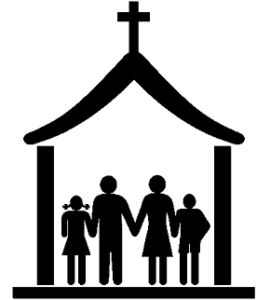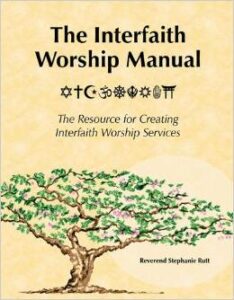 This is such a paradox, yet we all know the feeling, don’t we? You still believe in God and most aspects of your religion, still have faith, but you despise going to church or synagogue. Â You are reluctant to go perhaps because either you’re so exhausted from trying to keep up with the culture-techno-information age “activities” and “entertainments” OR because church is so old-fashioned / gossipy / politics / boring / hokey — take your pick. Also for some of us, the theology and teachings just don’t inspire as much as they did our ancestors. Have movies spoiled us? Do we need updated myths and spiritual stories — more inclusive ones? I personally believe, as most of you know, that the absence of the Divine Feminine, of God-the-Mother, is part of the problem, but that’s another post.
This is such a paradox, yet we all know the feeling, don’t we? You still believe in God and most aspects of your religion, still have faith, but you despise going to church or synagogue. Â You are reluctant to go perhaps because either you’re so exhausted from trying to keep up with the culture-techno-information age “activities” and “entertainments” OR because church is so old-fashioned / gossipy / politics / boring / hokey — take your pick. Also for some of us, the theology and teachings just don’t inspire as much as they did our ancestors. Have movies spoiled us? Do we need updated myths and spiritual stories — more inclusive ones? I personally believe, as most of you know, that the absence of the Divine Feminine, of God-the-Mother, is part of the problem, but that’s another post.
I know that as an Ordained Minister, Rabbi, priest or other clergy we should pay attention to this unchurched phenomenon so we can still reach the people who want to work / worship / learn with us. They are all still out there, just not showing up to brick and mortar buildings anymore. Our alternative clergy who receive ordination from us here have many kinds of ministries and churches, including online churches, in order to connect with people.
There is a Free Webinar on this topic April 15 which I plan to “attend” / view. I urge all of you ordained clergy just starting out to sign up also:
Sociologists reveal why people are DONE with church but not their faith
Webinar Overview:
After devoting a lifetime to their churches,they’re walking away.
Why?
Sociologists Josh Packard and Ashleigh Hope reveal the results of a
major study about the exodus from the American church. And what they’ve
discovered may surprise you…
Church refugees aren’t who you’d expect. Among those scrambling for the exits
are the church’s staunchest supporters and leaders. Leaving the church
doesn’t mean abandoning the faith. Some who are done with church report
they’ve never felt spiritually stronger.
Training Objectives [ for the ordained ]
•       Learn what prompted a study of the dechurched?
•       Get background on how was the study conducted and what hypotheses were confirmed or challenged in the process?
•       Discover any consistent themes that came out of the study?
If you can’t make the webinar time be sure to register anyways, we’ll send
you a link of the recording to watch afterwards. You’ll also
get a special offer on the book Church Refugees.
Webinar will be approximately 50 minutes in length.

